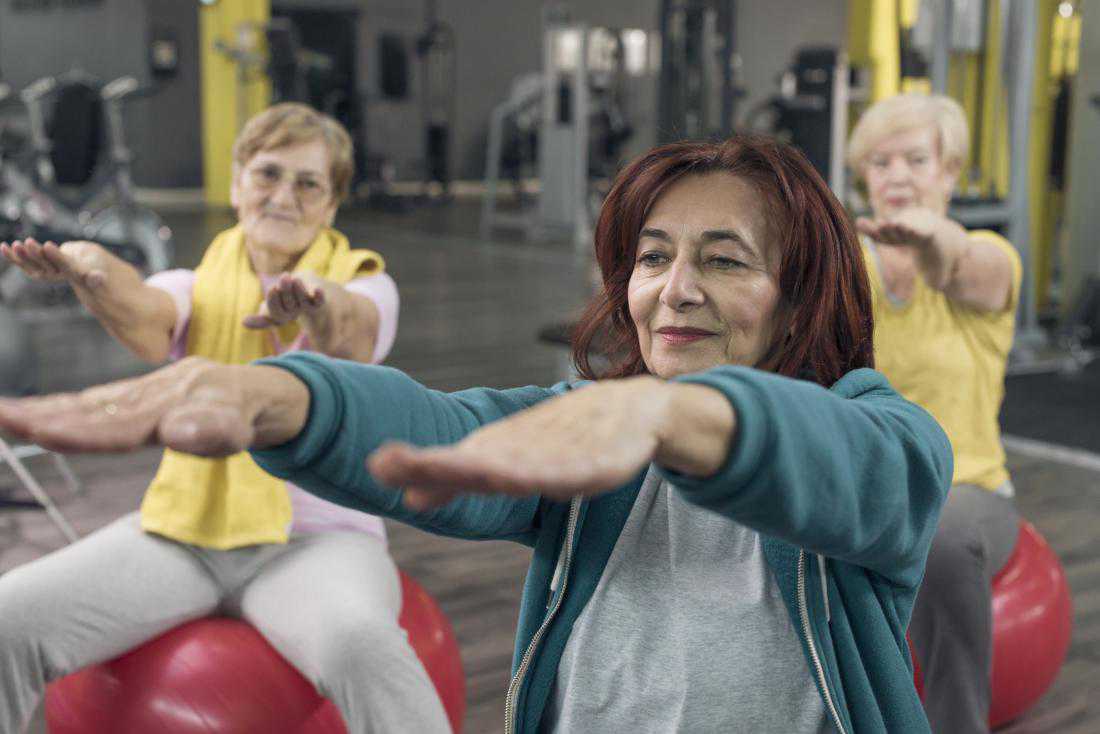Cancer care: Are personalized exercise prescriptions the future?
26 October, 2019

As scientists design novel ways to attack cancer with chemicals, some researchers are focusing on exercise. Researchers believe that keeping active is an effective additional way to manage cancer and cancer-related health issues.
Today, it is common knowledge that exercise provides a range of health benefits.
For instance, being physically active can reduce the risk of obesity, diabetes, hypertension, and heart disease.
More recently, researchers have investigated whether exercise might also help prevent cancer, treat cancer-related health issues, and aid recovery.
The author of a recent paper, Prof. Kathryn Schmitz from Penn State College of Medicine in Hershey, explains how "an average person on the street will know that exercise is good for preventing and treating heart disease, but not for melanoma."
Prof. Schmitz and her team are dedicated to raising awareness of the potential benefits of exercise. She continues:
"When researchers in the 1950s built an evidence base for exercise and heart disease, there was a shift in public knowledge about that connection. It's now time for the same thing to happen with exercise and cancer."
Raising awareness
According to the authors of the recent study, the American College of Sports Medicine recently updated their guidelines on using exercise to prevent cancer and treat some of the related health issues, such as fatigue and depression.
"Despite these guidelines," the authors explain, "the majority of people living with and beyond cancer are not regularly physically active."
In their recent paper, which they published in CA: A Cancer Journal for Clinicians, the authors outline how they believe it is possible to address this gap.
As Prof. Schmitz explains, "With more than 43 million cancer survivors worldwide, we have a growing need to address the unique health issues facing people living with and beyond cancer and better understand how exercise may help prevent and control cancer."
Multiple organizations — including the American Cancer Society, Exercise and Sports Science Australia, Cancer Care Ontario, and the Clinical Oncology Society of Australia — have published exercise guidelines for people with cancer and those who have survived cancer.
They have based these guidelines on a wealth of studies that demonstrate the benefits of exercise for people with cancer and cancer survivors.
Despite this scientific agreement, research has shown that only about 45% of cancer survivors are physically active on a regular basis.
Although there are many reasons for this, the authors believe that it is partly because oncology clinicians often do not recommend exercise regimens. The authors write:
"[S]tudies suggest that 9% of nurses and from 19% to 23% of oncology physicians refer patients with cancer to exercise programming."
The authors believe that there are various reasons for this lack of referrals. For instance, some doctors may not be aware of the benefits, while others may feel unsure of the safety. Some oncologists might also believe that recommending exercise is outside of their "scope of practice."
TAG(s):
